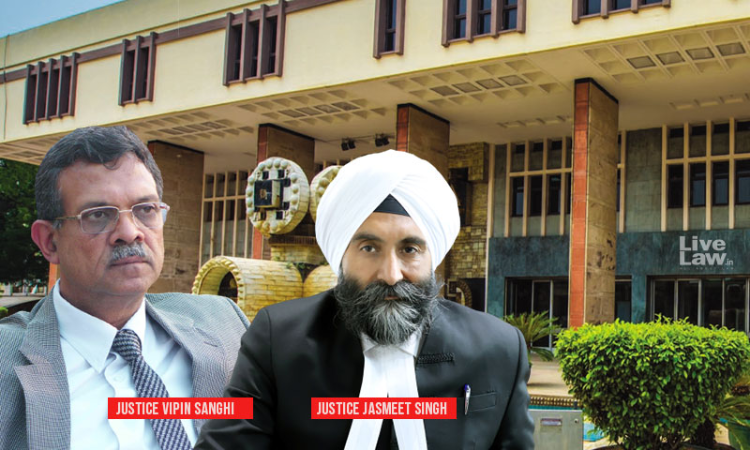Delhi High Court Calls For Uniform Protocol Across City For Dealing With Menace Of Mosquito Infestation
Nupur Thapliyal
14 Jan 2022 5:45 PM IST

Next Story
14 Jan 2022 5:45 PM IST
The Delhi High Court on Friday asked the municipal corporations and local bodies to examine and identify the adequate steps for incorporating a 'common protocol' to be followed by all the authorities for dealing with the menace of mosquito infestation and spreading of vector borne diseases in the city. Justice Vipin Sanghi and Justice Jasmeet Singh was of the view that the reasons for...
